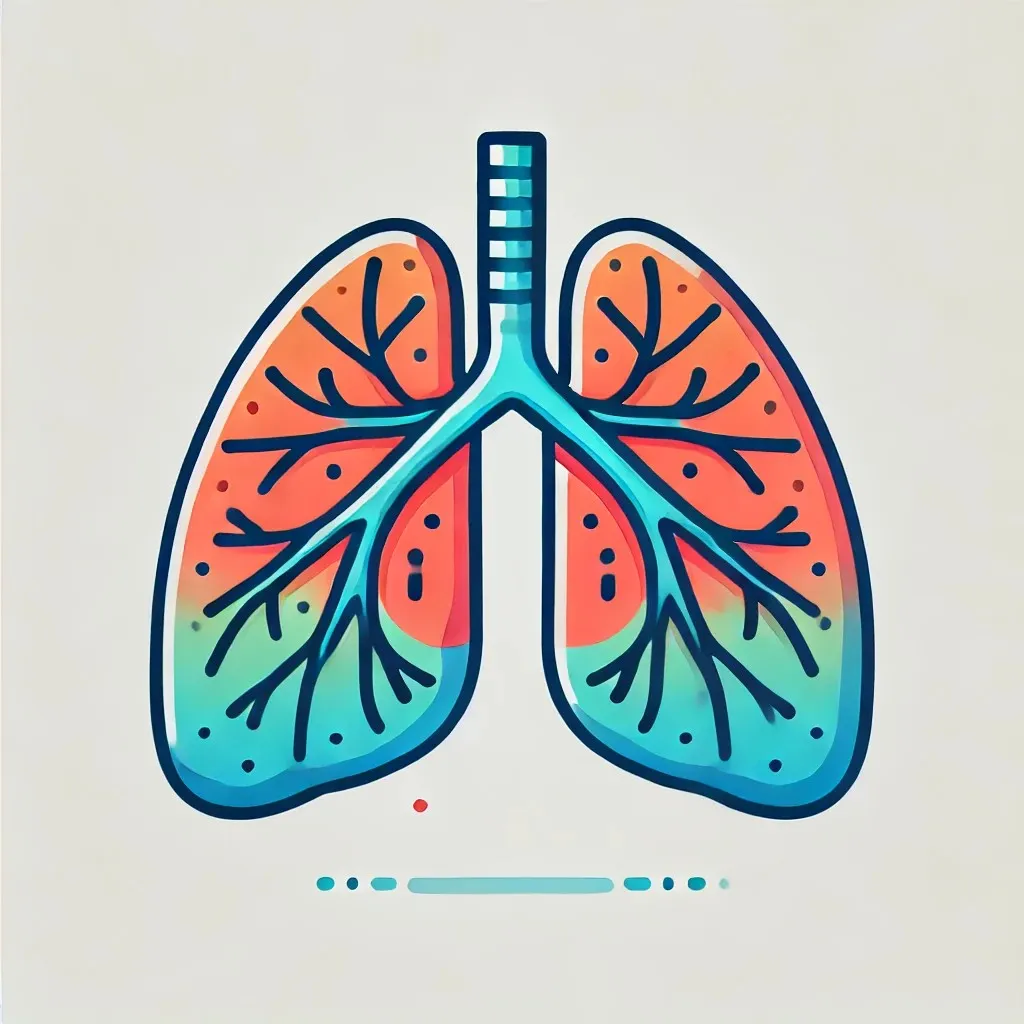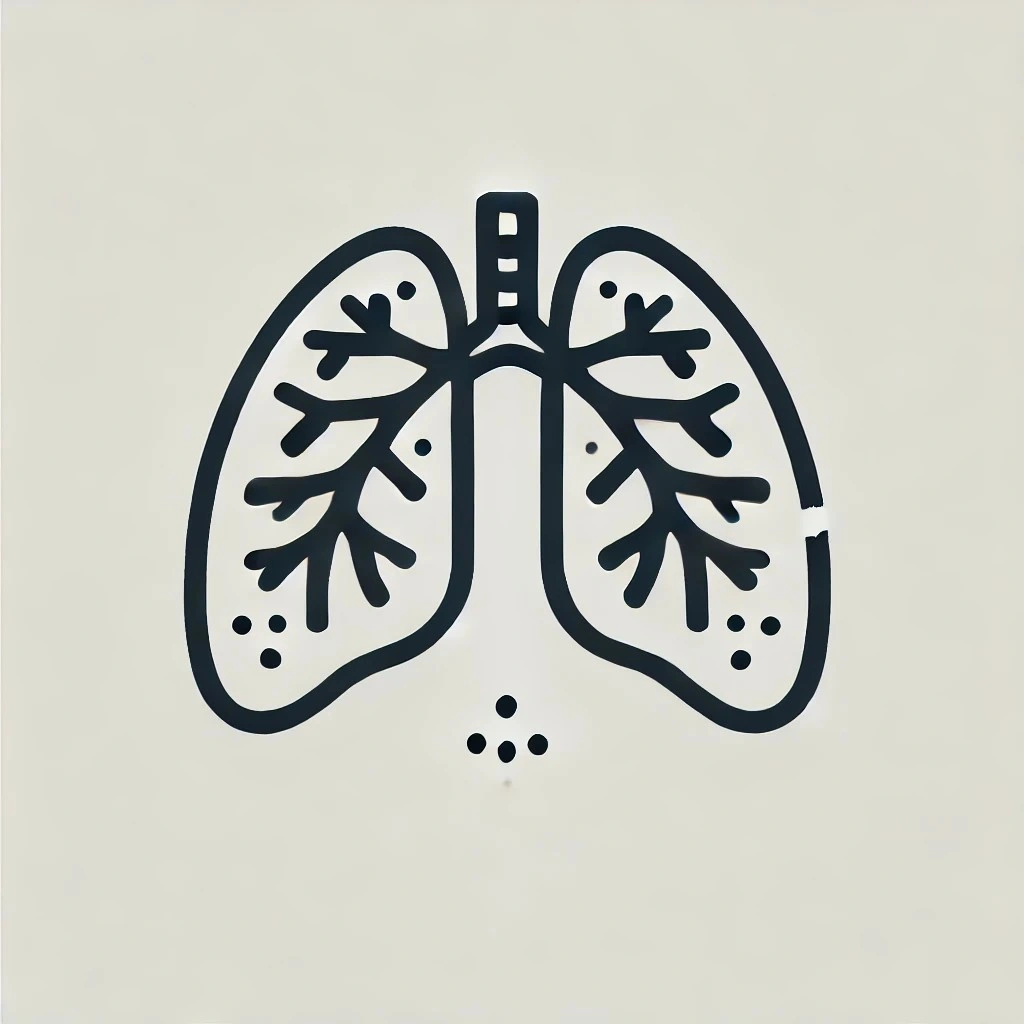Our lungs are amazing organs, quietly working behind the scenes to keep us alive. However, when something goes wrong, the early warning signs can often be subtle. Recognizing the first symptoms of lung problems can make a significant difference in getting timely medical help. Here’s what to watch for and when to take action.
Early Signs of Lung Problems
Lung disease can manifest in many different ways. It depends on the underlying cause. However, there are some common symptoms that your lungs may need to pay attention to:
1. Persistent Cough
A head cough that lasts for weeks or becomes chronic is an early warning sign. Whether occasional coughing is normal or not A persistent cough can indicate conditions such as bronchitis, asthma, or even early-stage lung cancer.
2. Shortness of Breath
A feeling of lack of air after slight exertion or irregular rest. This condition may be related to chronic obstructive pulmonary disease (COPD). Chronic obstructive pulmonary disease. Or heart problems
3. Wheezing
Wheezing is a high-pitched whistling sound that occurs when air flows through narrowed or obstructed airways, typically during breathing. It is most commonly heard when exhaling but can also occur during inhalation in severe cases.
4. Chest Pain
acute or persistent chest pain Especially when breathing deeply, coughing, or laughing, can be a sign of a lung infection or pleurisy. Unexplained chest pain always requires medical evaluation.
5. Fatigue and Lack of Energy
If your daily activities suddenly seem tiring? It may be the body’s way of causing oxygen levels to drop due to impaired lung function.
6. Frequent Respiratory Infections
Repeated colds, bronchitis, or pneumonia may indicate lung disease that weakens the immune system.
7. Changes in Mucus Production
An increase in mucus or phlegm Especially if it’s yellow, green, or bloody. It may indicate infection or inflammation of the lungs.

Causes Behind These Symptoms
The symptoms above can stem from a wide range of conditions. Some common causes include:
- Asthma: A chronic condition that causes airways to become inflamed and constricted.
- COPD: A group of diseases including emphysema and chronic bronchitis that obstruct airflow.
- Lung infection: pneumonia, bronchitis, or tuberculosis.
- Lung cancer: Symptoms often appear in the early stages.
- Environmental factors: Prolonged exposure to pollution or smoke.
When to See a Doctor
It is important to consult a health professional if you notice any of the above symptoms, especially if they persist for more than two weeks. Seeking early intervention can improve outcomes and prevent complications.
Tips for Maintaining Lung Health
Prevention is always better than cure. Here are some steps you can take to keep your lungs healthy:
1. Avoid Smoking
Smoking is a leading cause of lung disease. Including chronic obstructive pulmonary disease and lung cancer. Quitting smoking can greatly improve lung health and well-being.
2. Stay Active
Regular exercise strengthens the lungs and increases their capacity.
3. Protect Yourself from Pollutants
Minimize exposure to air pollutants, chemicals, and powders. Wear a mask when necessary. Ensure there is adequate ventilation in your environment.
4. Get Vaccinated
Influenza and pneumonia vaccines can reduce the risk of serious respiratory infections.
5. Practice Breathing Exercises
Techniques such as diaphragmatic breathing and lip breathing can help improve lung function and reduce dyspnea.
6. Regular Health Check-ups
Regular checkups with a pneumologist can help detect problems early. And keep your lungs in good condition

Our lungs are important to our health. But problems often go unnoticed until they get better. By paying attention to the first signs, such as a persistent cough. If you’re short of breath or breathing, you can take proactive measures to protect your respiratory health. If you are concerned about any symptoms, do not hesitate to consult a health professional. Early diagnosis and intervention It can make a difference to your daily lung health.
At JCS Lung and Sleep Center, we’re dedicated to helping you breathe easier. Whether you need advice Diagnosis or personal care Our team is here to support your lung health every step of the way. Contact us today for specialized advice and compassionate care.
FAQS
1. What are the most common early symptoms of lung problems?
Persistent cough, shortness of breath, and wheezing are common early signs of lung issues.
2. When should I see a doctor for lung-related symptoms?
If symptoms like a cough, chest pain, or breathlessness persist for more than two weeks, it’s essential to consult a healthcare professional.
3. Can lung problems develop without noticeable symptoms?
Yes, some conditions like early-stage lung cancer or mild COPD may not show symptoms until they progress.
4. What are the primary causes of lung problems?
Common causes include smoking, air pollution, infections, genetic factors, and exposure to harmful chemicals.
5. How can I protect my lungs from potential problems?
Avoid smoking, exercise regularly, use protective gear in polluted environments, and stay updated on vaccinations.
6. Is shortness of breath always a sign of lung disease?
Not necessarily. It can also result from heart conditions, anxiety, or being out of shape, but persistent breathlessness should be checked by a doctor.
7. What diagnostic tests are used to identify lung problems?
Pulmonary function tests (PFTs), chest X-rays, CT scans, and blood tests are commonly used to diagnose lung conditions.

